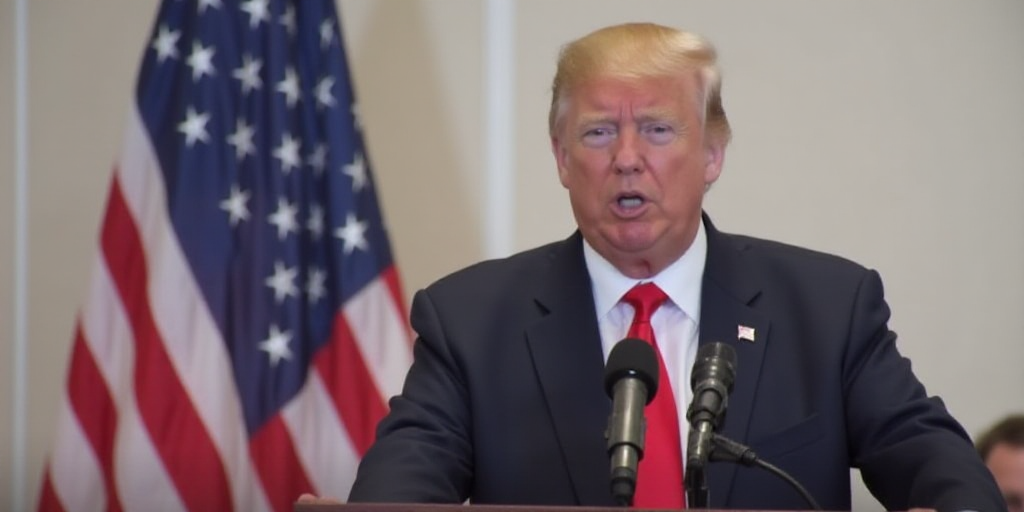Introduction to the Taco Theory
President Donald Trump expressed frustration this week when a journalist inquired about the “TACO,” an acronym popular among Wall Street operators who believe Trump “always chickens out.”
The so-called “Taco Theory” (from the English “Trump Always Chickens Out”) was coined by Robert Armstrong, a Financial Times writer, to highlight Trump’s tendency to reverse policies when they start rattling the markets.
The Origin of the Taco Theory
Armstrong wrote in May, after stocks rebounded strongly when Trump announced a pause in the broad tariffs he imposed on the rest of the world, “This is the Taco Theory: Trump always chickens out.”
Trump’s Tariff Announcements and Reversals
Last week, Trump announced that a 50% tariff on EU imports would take effect on June 1st, but two days later, he declared a pause until July 9th. This pattern has led to the growing acceptance of the Taco Theory among investors.
“It’s Called Negotiation”
Trump, a New York real estate mogul and promoter in the 1980s, is known to keep a close eye on the stock market.
During his first term, a strong reaction from Wall Street was sometimes the only way to change Trump’s mind, according to analysts.
The Spread of the Taco Theory
Beyond Financial Times columns, the Taco Theory has gone viral, with investors taking it less as a sarcastic joke, according to analysts.
John Hardy, macroeconomic strategy director at Danish investment bank Saxo, mentioned the Taco strategy in a podcast. The president, 78 years old, heard about it and firmly denied caving to market turbulence when questioned by a journalist.
Reactions from the Financial Community
In the early weeks of Trump’s second term, Wall Street reacted negatively to new tariff announcements in a “much more significant and direct” manner than today, explained Sam Burns, an analyst at Mill Street Research to AFP.
Now, investors view them as “easily reversible or unreliable,” and are less inclined to rush, according to Burns.
This new calm is evident among New York Stock Exchange operators, who remained steady in the face of Trump’s tariff threats against the EU and did not overreact to successive court rulings blocking or temporarily maintaining most tariffs.
A Reminder of Underlying Political Movements
However, Hardy from Saxo cautions that the Taco Theory is not infallible, and one should not overlook the protectionist movement driven by the U.S. president.
“Trump might ‘chicken out’ sometimes,” Hardy wrote on Saxo’s website, “but the underlying political movements are real and represent a significant change in U.S. economic and industrial policy.”
Key Questions and Answers
- What is the Taco Theory? The Taco Theory suggests that President Trump tends to reverse his policies when they start causing problems in the markets.
- Who coined the Taco Theory? Robert Armstrong, a Financial Times writer, first mentioned the theory.
- How has Wall Street reacted to Trump’s tariff announcements? Initially, Wall Street reacted negatively with more significance and directness. Now, investors view these announcements as easily reversible or unreliable.
- Is the Taco Theory accurate? While the Taco Theory has gained traction, it is not infallible. Analysts like John Hardy from Saxo remind us that underlying political movements are real and represent significant changes in U.S. economic policy.






